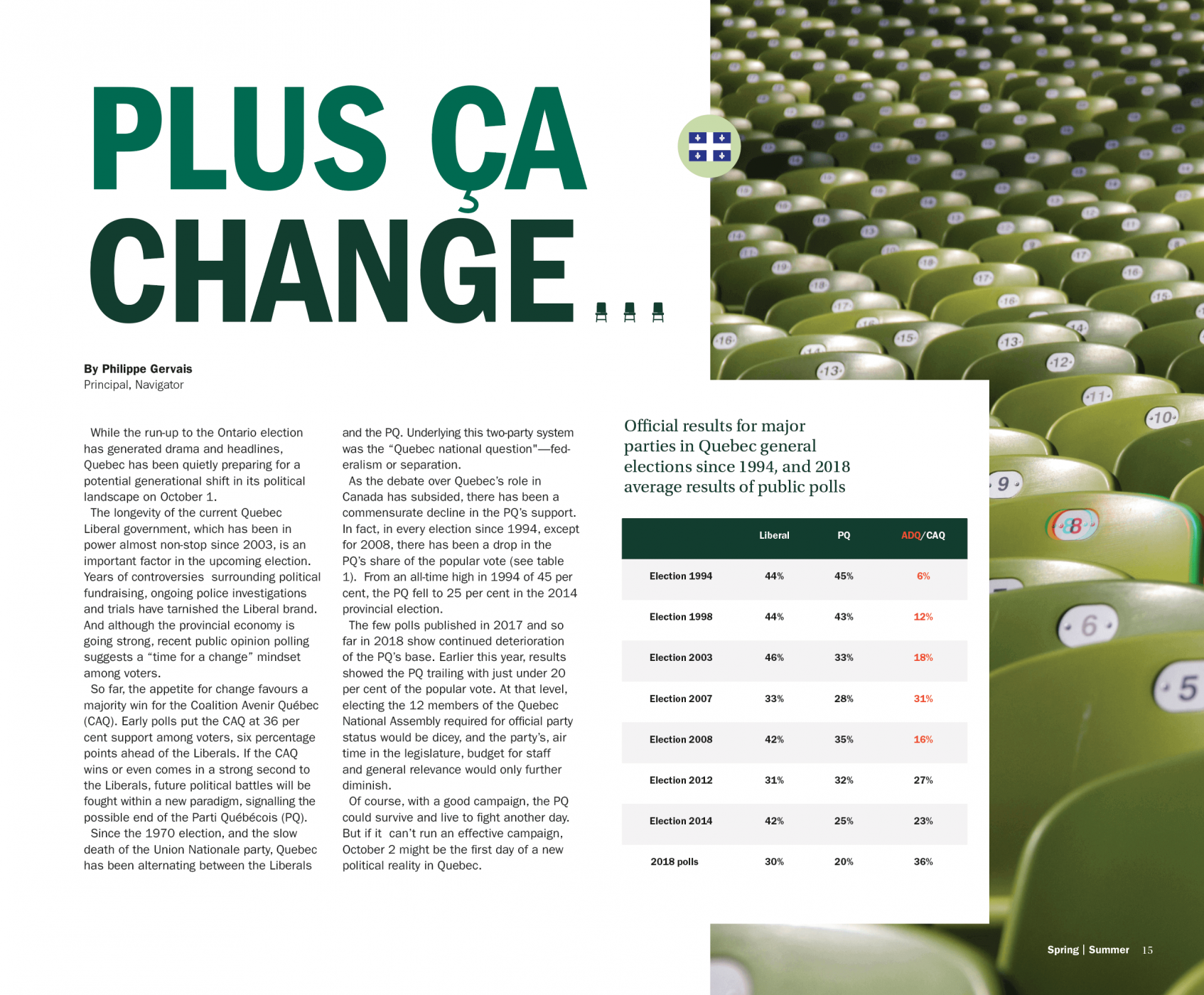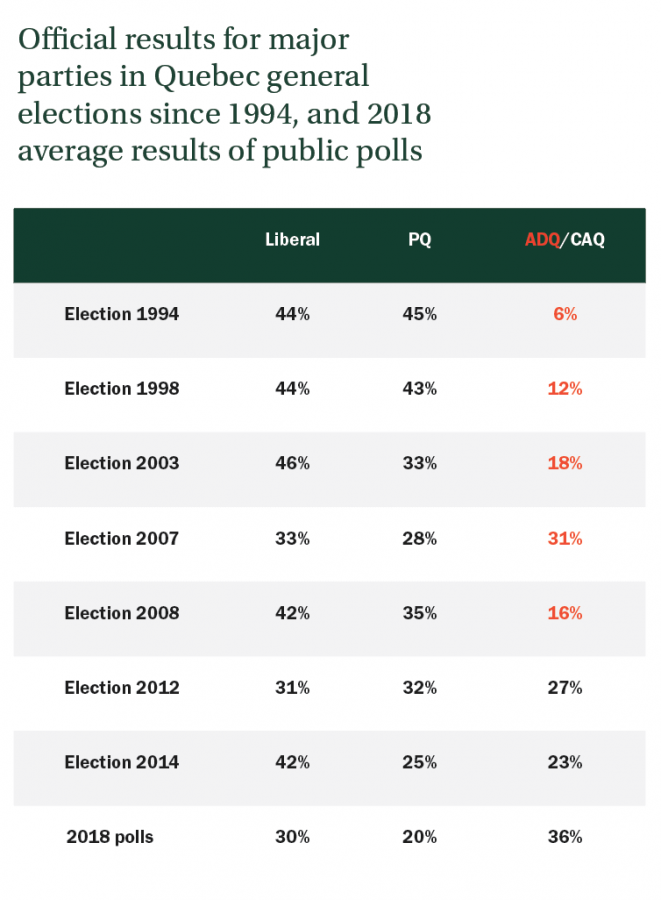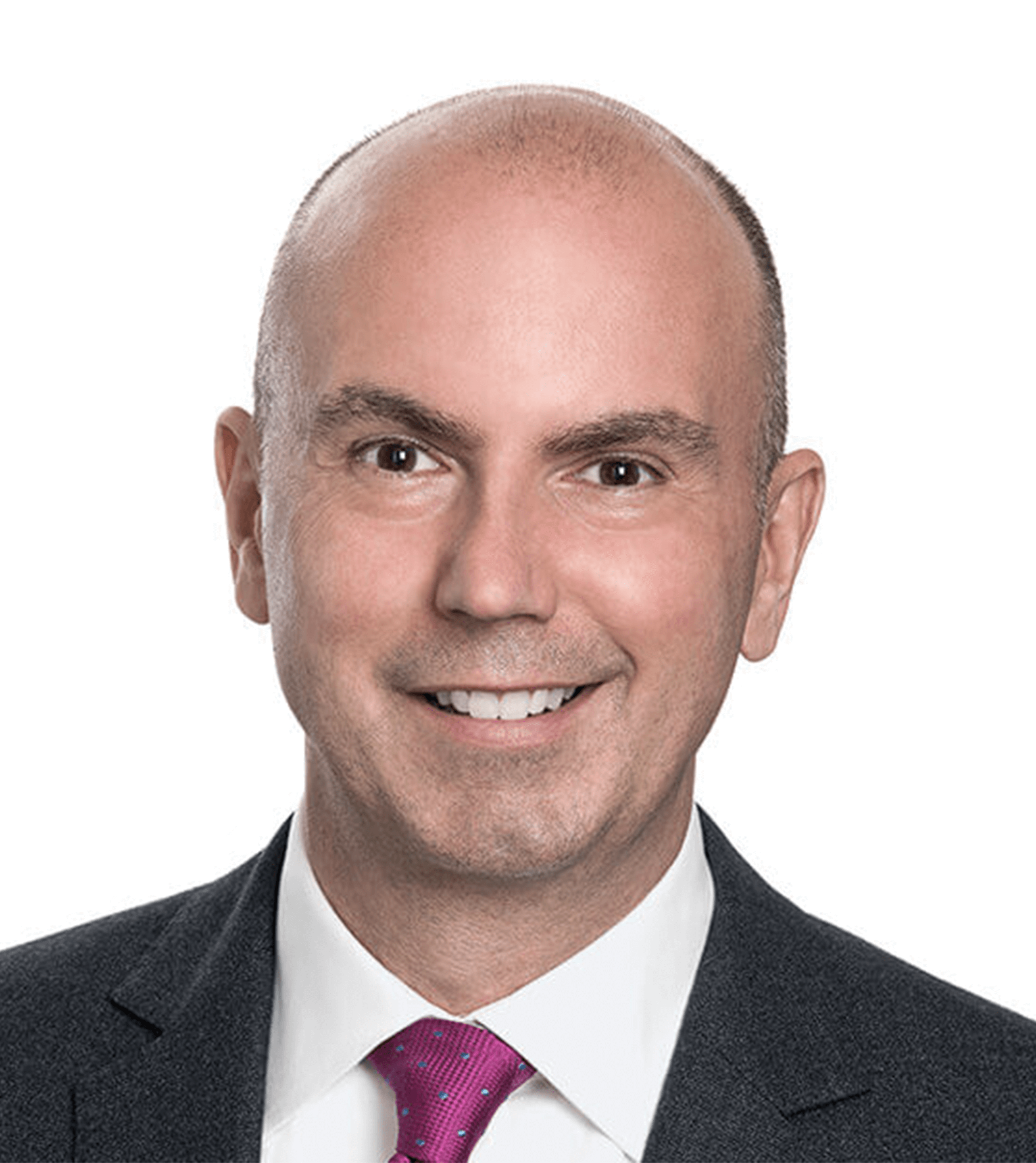- CEOCap FR
- Mettre à jour votre profil
- Programme de stages
- Programme de stages d’automne
- Ottawa FR
- L’art à Navigator
- Kio
- Politique d’accessibilité de l’Ontario
- D’accueil
- Mises à jour gouvernementales sur la COVID-19
- Nos bureaux
- Politique De Confidentialité
- Engagement sur la protection des renseignements personnels
- Centre canadien pour la mission de l’entreprise
- Carrières
- Notre savoir-faire
- Au coeur de Navigator
- Qui nous sommes
- Découvrir
- true
- ELXN44
- Les analyses de Jaime Watt
- Médias
- Perspectives
- Podcasts
- S’Abonner
- Gestion de crise
- Gestion de réputation
- Relations gouvernementales
- Campagnes d’affaires publiques
- Marchés boursiers

While the run-up to the Ontario election has generated drama and headlines, Quebec has been quietly preparing for a potential generational shift in its political landscape on October 1.
The longevity of the current Quebec Liberal government, which has been in power almost non-stop since 2003, is an important factor in the upcoming election. Years of controversies surrounding political fundraising, ongoing police investigations and trials have tarnished the Liberal brand. And although the provincial economy is going strong, recent public opinion polling suggests a “time for a change” mindset among voters.
So far, the appetite for change favours a majority win for the Coalition Avenir Québec (CAQ). Early polls put the CAQ at 36 per cent support among voters, six percentage points ahead of the Liberals. If the CAQ wins or even comes in a strong second to the Liberals, future political battles will be fought within a new paradigm, signalling the possible end of the Parti Québécois (PQ).
Since the 1970 election, and the slow death of the Union Nationale party, Quebec has been alternating between the Liberals and the PQ. Underlying this two-party system was the “Quebec national question »—federalism or separation.

As the debate over Quebec’s role in Canada has subsided, there has been a commensurate decline in the PQ’s support. In fact, in every election since 1994, except for 2008, there has been a drop in the PQ’s share of the popular vote (see table 1). From an all-time high in 1994 of 45 per cent, the PQ fell to 25 per cent in the 2014 provincial election.
The few polls published in 2017 and so far in 2018 show continued deterioration of the PQ’s base. Earlier this year, results showed the PQ trailing with just under 20 per cent of the popular vote. At that level, electing the 12 members of the Quebec National Assembly required for official party status would be dicey, and the party’s, air time in the legislature, budget for staff and general relevance would only further diminish.
Of course, with a good campaign, the PQ could survive and live to fight another day. But if it can’t run an effective campaign, October 2 might be the first day of a new political reality in Quebec.


